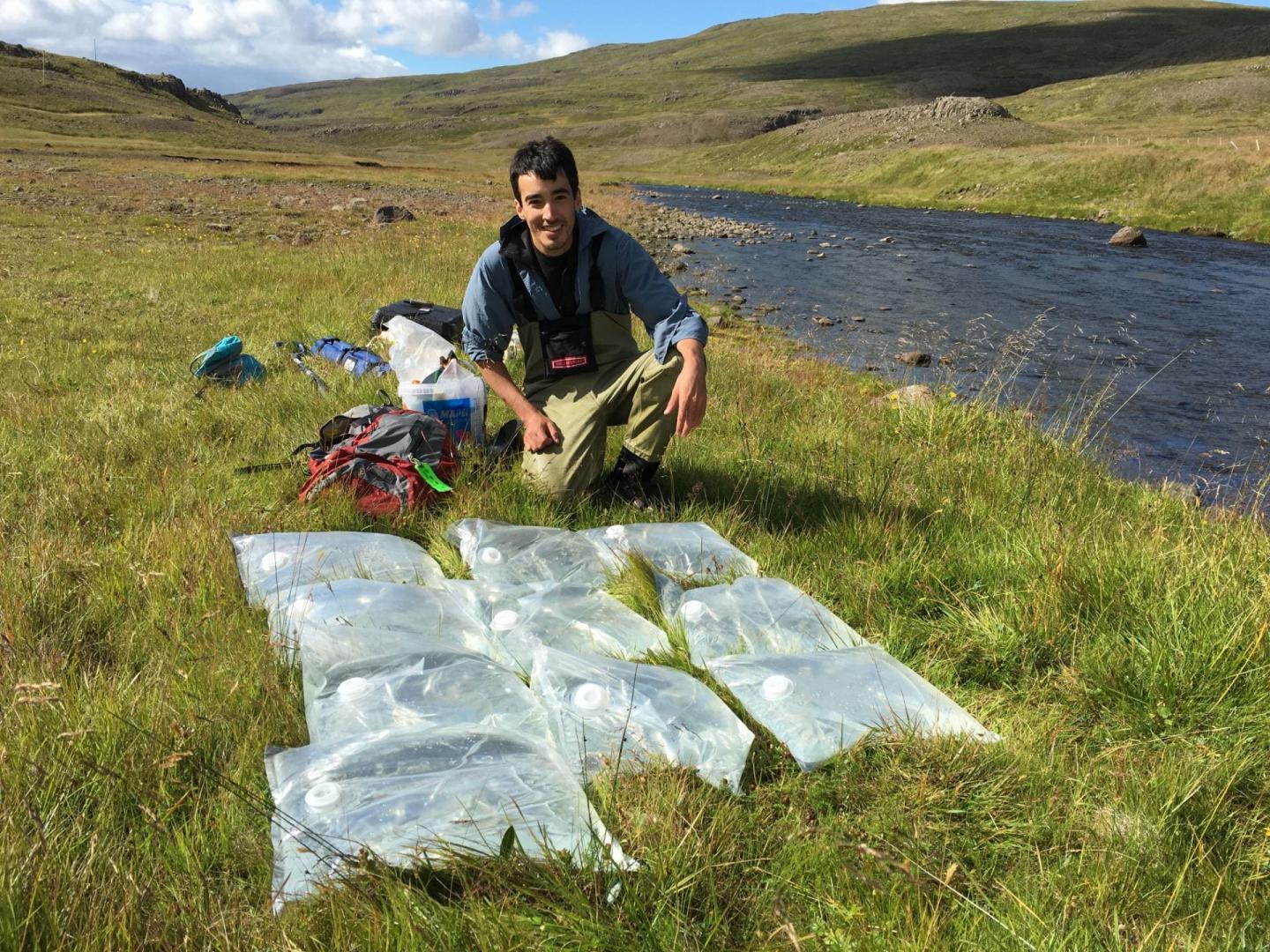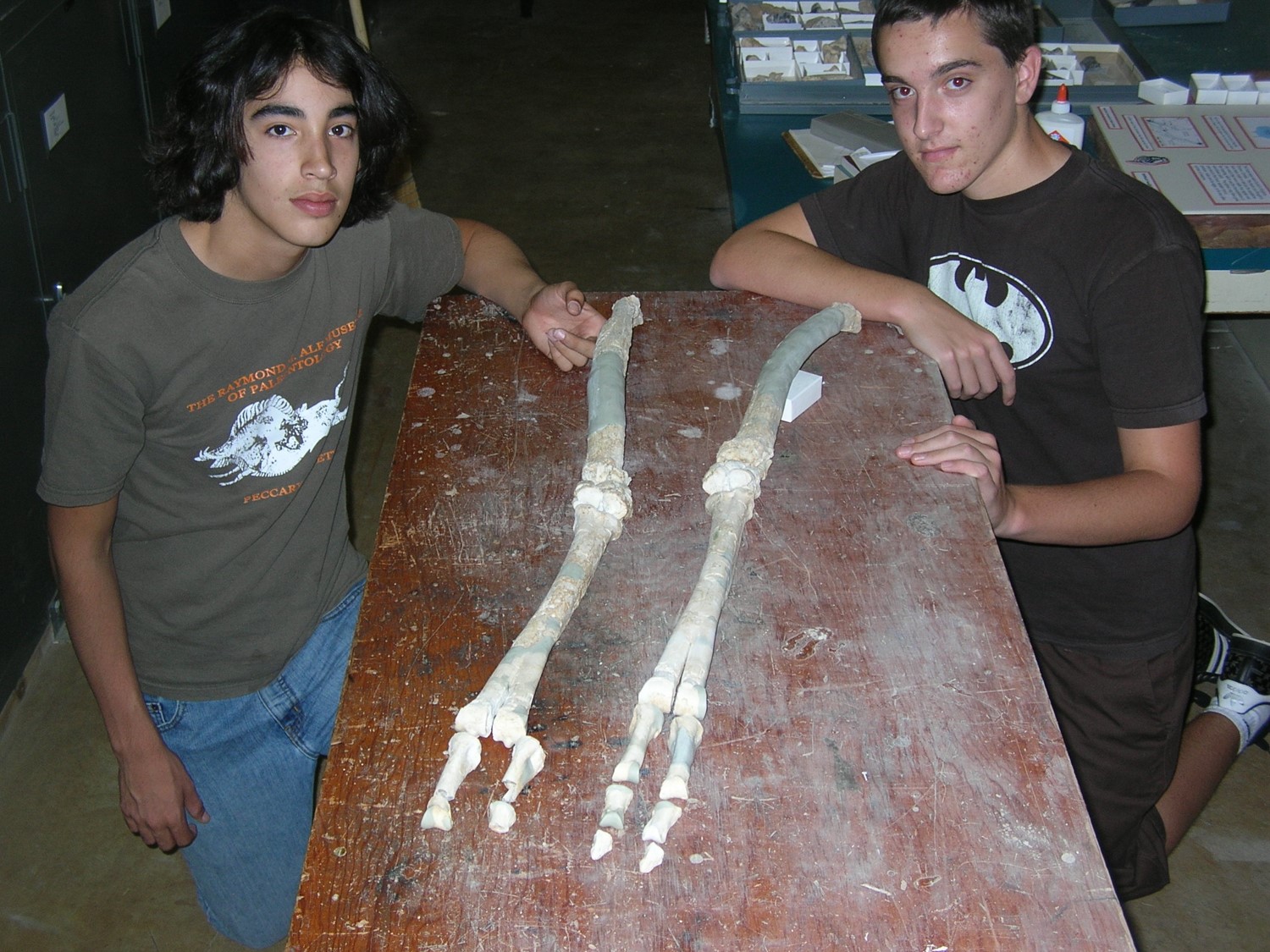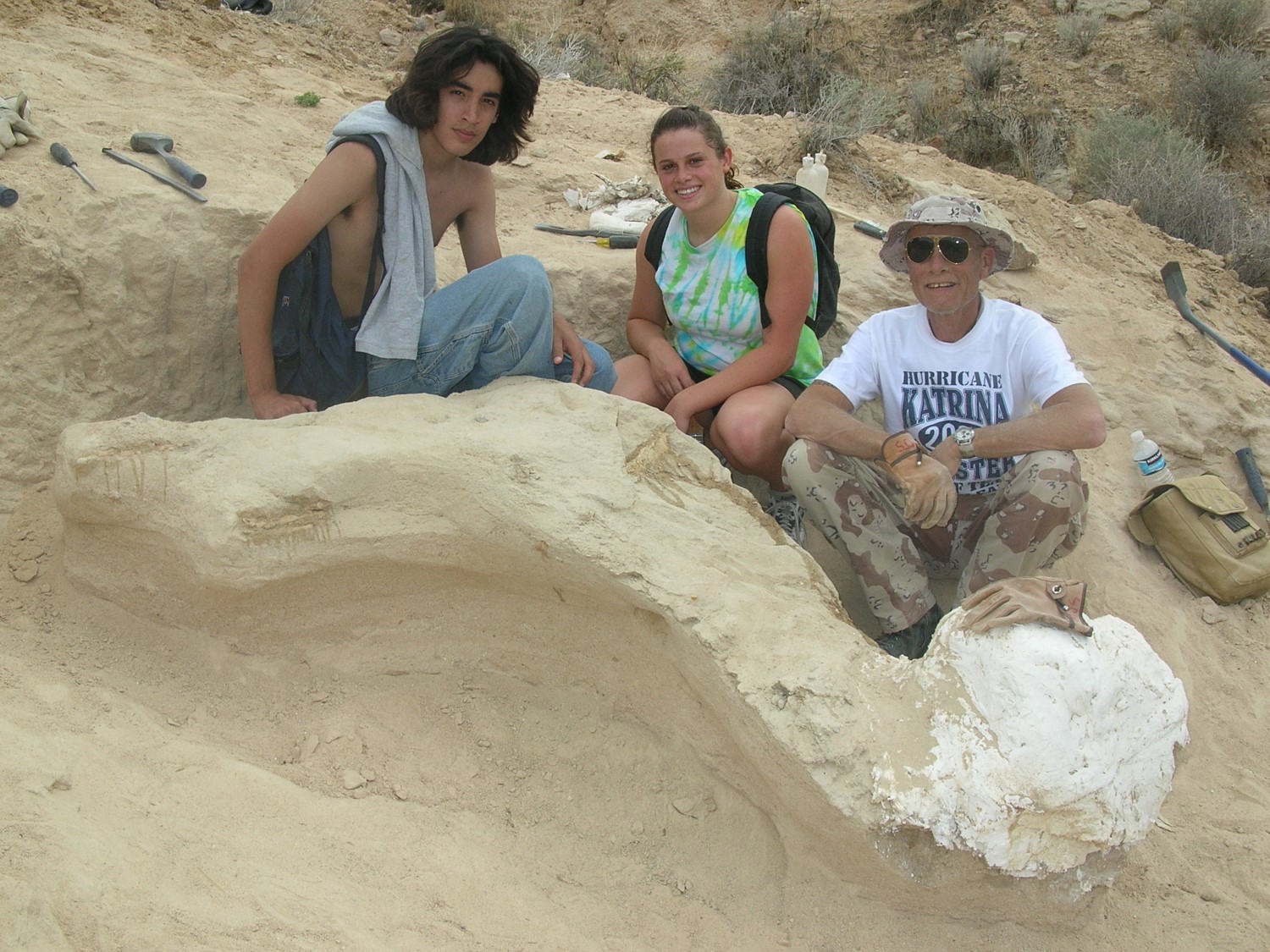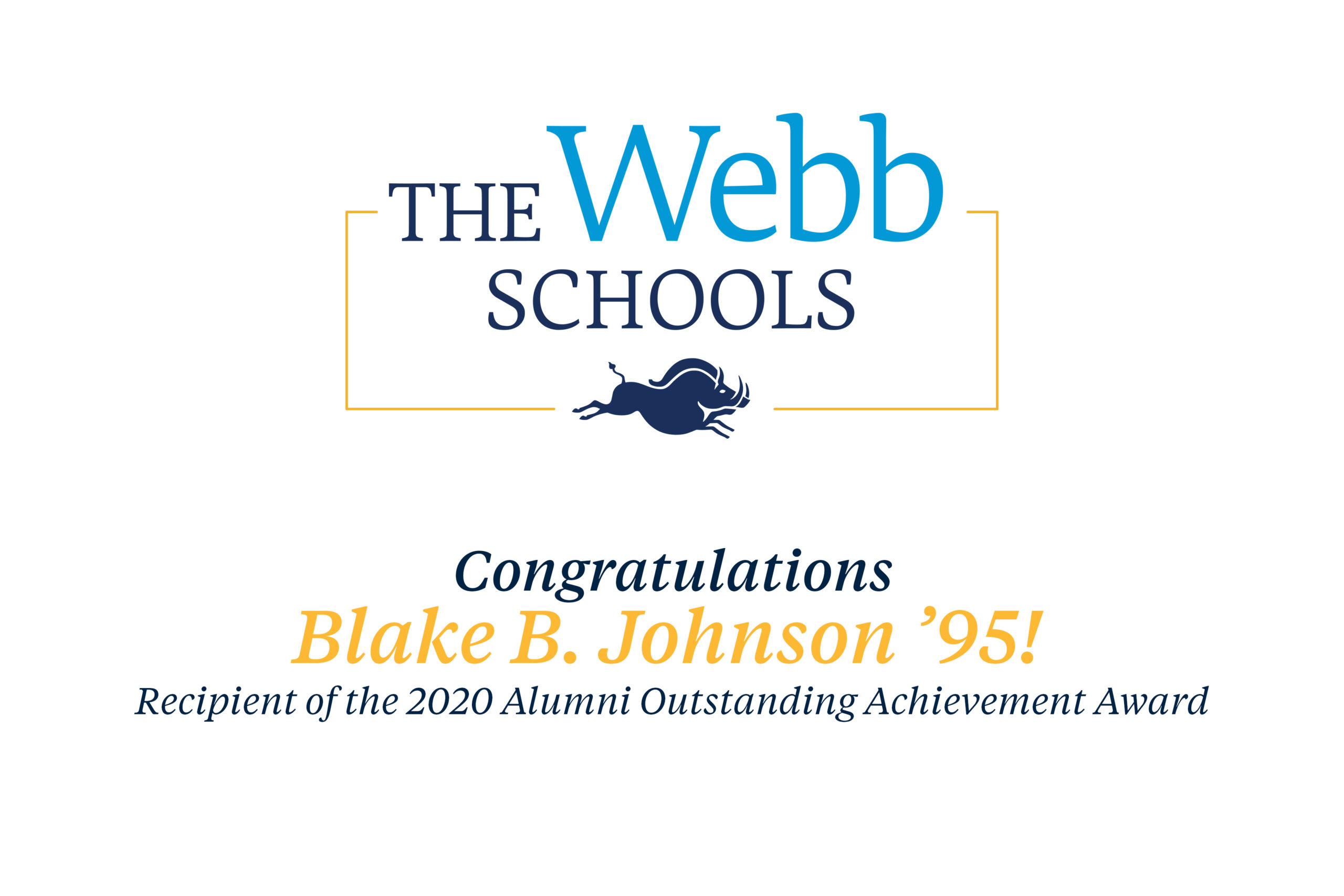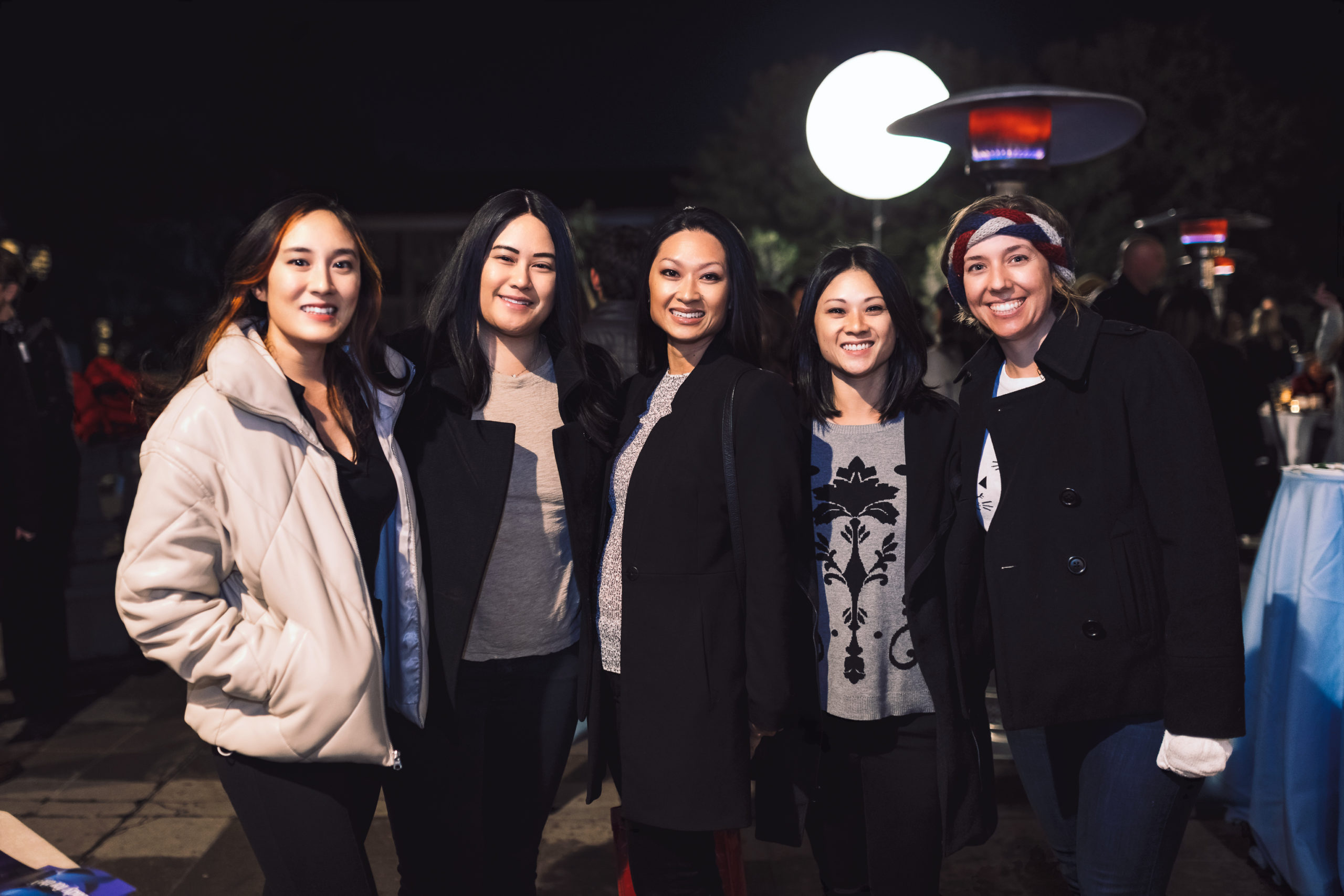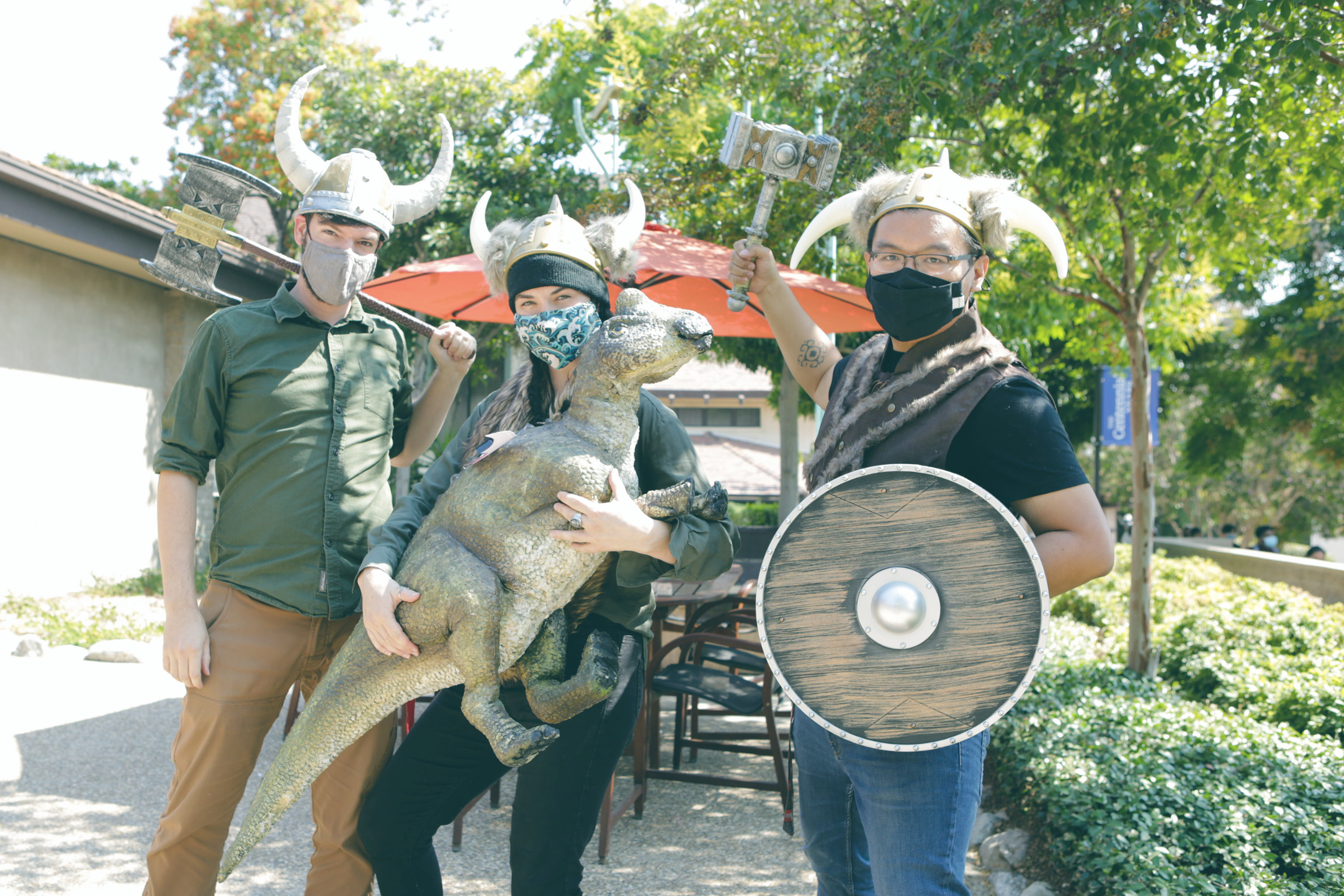Mark Torres, PhD ’06 Named 2021 F.W. Clarke Medalist
Dr. Mark Torres ’06, an assistant professor at Rice University, will receive the prestigious 2021 F.W. Clarke Award in July. The Clarke Award recognizes an early-career scientist for a single outstanding contribution to geochemistry or cosmochemistry published either as a single paper or a series of papers on a single topic. Torres is recognized for his work on the geochemistry of the Earth’s surface focused on interactions between the hydrosphere, cryosphere, atmosphere, biosphere, and the crust.
In an AAAS press release, Torres said “the impact of the honor sank in when he looked at the list of previous winners and recognized names from ‘papers I read as a student that really impressed me and sort of guided or shaped my thinking. To be on that same list is amazing. And then, similarly, to also have this legacy of so many other Rice faculty in my department winning. It’s fun to join the club.'”
Back in 2014, Torres had a major milestone in the career of a young scientist: he published, along with geologists A. Joshua West and Gen Li, a paper in Nature magazine entitled: “Sulphide oxidation and carbonate dissolution as a source of CO 2 over geological timescales.”
This was before he had even completed his PhD. “Being published in Nature is a significant feat, especially since Mark was still finishing his PhD,” said Director of the Alf Museum of Paleontology Don Lofgren at the time. “Having a first authorship in a journal of this esteem is the benchmark for any scientist.”
Torres, who completed his undergraduate degree at Pitzer College would go on to receive his PhD in geology at the University of Southern California. He joined Rice University in 2017, after working at the California Institute of Technology. Today he is an Assistant Professor in the Department of Earth, Environmental and Planetary Sciences.
He was inspired by these endeavors, naturally, through his association with the Alf Museum, but he also credits his overall education at Webb with giving him the tools he still utilizes today in his career.
“At Webb, we were able to do a lot of outdoor stuff,” he says. “I did Outdoor Activities in the afternoon, instead of participating in a sport. We’d go hiking in the hills behind Webb. I remember walking with art teacher Blair Maffris and just talking about life, about what we were learning.”
He also says that studying humanities was an impactful experience at Webb.
“In my freshman English class, there was such a focus on critical reading—and that’s had an enormous effect on my work today and my days in college,” he says. “We would read a few pages, and then Ms. Graybeal pushed us to understand what the writer meant, to analyze it critically.”
Of course, having a paleontology museum on campus was a plus for a student interested in nature and science.
“Dr. Lofgren once told me that when he was in graduate school, a researcher told him, ‘the only way you learn is by doing it,’” says Torres of the project meetings, conferences and hands-on science he was able to be a part of at the museum.
Today, Torres’ research concerns how concentrations of carbon dioxide and oxygen in the atmosphere are regulated over geologic time and what makes planets habitable. Last year, he was selected as a 2019 Alfred P. Sloan Research Fellow in the field of ocean science for which he was awarded a 2-year $70,000 fellowship. The award seeks to stimulate fundamental research by early-career scientists and scholars while recognizing their distinguished performance and unique potential to make substantial contributions to their fields.
As a career scientist, Torres is taken with the equipment and experiences Webb students have access to today.
“Every time I go back to Webb, I’m impressed and even a little jealous. There’s more technology, more research … I saw a student looking at dinosaur teeth on an electron microscope,” he says. “That’s something I didn’t do until college!”
Part of this article is an excerpt from “Young Alumni On the Move” that appears in the Fall/Winter 2021 Webb Magazine. To read the full article, you can view or download it by clicking here.

